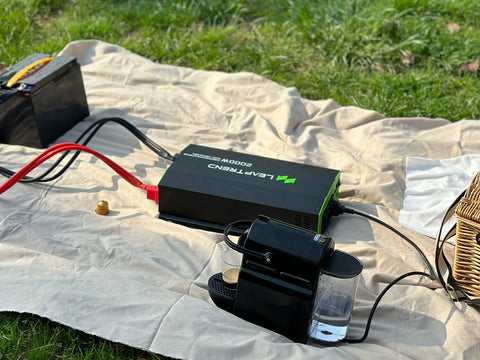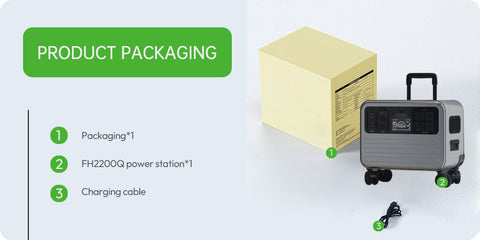Does Rv Inverter Charge Battery
, its advantages, and how to choose the right one for your needs.
1.How RV Inverter Works and its Advantages
The inverter converts the DC voltage produced by the motorhome battery into AC voltage, which is then used to power household appliances and electronic devices. When the motorhome is not connected to an external power source, the inverter is powered by the motorhome battery, which in turn supplies power to the connected devices.
Many Campers inverters also come with battery charging function, which can charge the battery while driving. The inverter converts the AC voltage output from the motorhome engine or generator into DC voltage, which is then used for battery charging. This feature is particularly useful for long-distance travel without an external power source.

2.How to Choose the Right RV Inverter
When choosing an inverter with battery charging function, there are several factors to consider:1. Power output: The power output of the inverter should match your power requirements. Make sure it has enough capacity to handle all household appliances and electronic devices.

2. Pure sine wave versus modified sine wave: Pure sine wave inverters are more expensive, but can provide cleaner and more consistent AC voltage, while modified sine wave inverters are cheaper, but may cause interference or damage to sensitive electronic devices.
3. Battery compatibility: The inverter should be compatible with your motorhome battery. Different types of batteries have different charging requirements.
4. Price: The price range of RV inverters varies from a few hundred to several thousand dollars. Consider your budget when choosing an inverter.
An RV inverter is an important component of any motorhome setup, providing power to household appliances and electronic devices on the go. If you want an inverter that can supply AC voltage to your electronic devices and charge the battery, then consider factors such as power output, sine wave type, battery compatibility, and price when choosing the right inverter. Choose the right automotive accessories to enjoy the comfort of home on the road.
























